—: A Question :— Did you ever lie in a man’s arms and hate him; And mend your children’s clothes And look out across the front lawn And wonder dully what you’d get for lunch? Did you ever walk along the boulevard On a hot afternoon Wheeling a baby,— A pretty golden haired baby That you’d like to paint But couldn’t. And it cried and had to be fed, And you hated it? Did you ever serve dinner to a silent man Reading a paper; And after washing up the dishes Sit alone and twist your wedding ring And hate it? And plan your next day’s work while Taking down your unkept hair And wonder why you looked so old and Wrinkled and so bent At thirty? And did you ever go to bed and wait,— And wait— And dread the arms you waited for,— Those hot and selfish arms of the man You lived with, Cooked for, claimed to love,— and hated?
—: Comfortable :— My husband has a happy brain— It rests in warmth before the fire, (Companioned by a pipe and chair) He never teases it with problems that Are hard to solve; He never prods or even tickles it; But lets it rests in quiet and in peace Before the fire— (Wrapped in the smoky wreaths); Happy, happy, HAPPY brain!
—: The Beauty Lover :— The round, pink, laughing girl bathes, And the thin, grey, silent girl watches . . . . . And afterwards, When the bather dries herself, And puts powder under her arms, And lies down, like a sleepy flower, The grey girl catches her around the hips, violently, And kisses her: Surprised, the pink girl draws away; And the grey girl— (Poor little restless lover of beauty)— Apologizes And is ashamed.
There is almost nothing known about Claire Bu Zard, besides a handful of poems published between 1917-1921. While there is no guarantee that Bu Zard’s poems are autobiographical, they paint an interesting picture. The first two concern what was clearly an unhappy marriage, and were published in the New York socialist and feminist magazine, The Masses in 1917. The final poem concerns a young girl’s experiences of being queer in a straight world, and the confusions that can occur when trying to interpret relationships.
Perhaps Bu Zard was herself in such a marriage prior to 1917, and once leaving this, moved to New York to join the feminist and socialist movements? She would then go on to publish in Pagan, an underground, avant-garde poetry magazine, and was included in the anthology Poetic Erotica, edited by T.R. Smith and published privately for subscribers, due to the heavy restrictions surrounding eroticism, and queer literature in general. Perhaps this points to Bu Zard herself being queer? This might explain some of the deep unhappiness she felt in her marriage? Of course, all of this is pure speculation. Regardless, the poems that she has left behind are not only striking as poetry, but provide piercing insights into the experiences of women in the early-1900s.
Illustration by Maurice Becker, a well-known Marxist artist whose work appeared in socialist magazines like The Masses and The Liberator.
This is a reissue of Forgotten Poets #2, with two new poems by Bu Zard, and an after-poem hot off the press by me. Enjoy!
—: For Claire Bu Zard :— By Dick Whyte I. like Eve seek the knowledge of trees be not adamant in your understandings but dormant II. avoid the cold and if your covenant with water should ever polarise into ice, melt into song III. be the rain warmed by the woods steaming molecular freedom III. a staff becomes a snake becomes a letter a forest becomes an alphabet of gods IV. cast out of the garden no matter, i am that false prophet sharing in the wildness necessary for pro creation
Forgotten Poets Presents:
Forgotten Poems, a living anthology of obscure and out-of-print poetry from the late-1800s and early-1900s. Explore the archives:
Alice M. Fay - 5 Poems & Pictures (1912-24)
—: Where? :— Where is the life of the lily That so proudly reared her head? Where is the radiant beauty Of the rose that was warm and red? Where is the smoke of the incense That vanished into the air?...
Florence Kiper Frank - The Kiss (1915)
—: The Kiss :— Sheer joy of youth and madness of the moon And all the illimitable longings of my blood Leapt in me. I was half mad with the sweet Delirious feel of living...
Adolf Wolf - Immortality (1913)
—: Immortality :— At dawn of day the stars die one by one. They only seem to die, but do not die. There is no death for humans, or for stars. What we call life and death is only rhythm...
More poems about children . . .
Laura Riding - Mortal (1925)
—: Mortal :— There is a man of me that tills. There is a woman of me that reaps. One is true And one is fair. Scarce I know where either are. But I am seed the man should give And I am child the woman should bear...


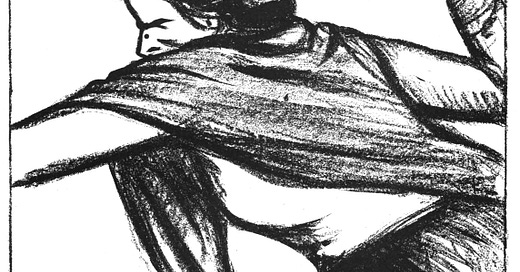








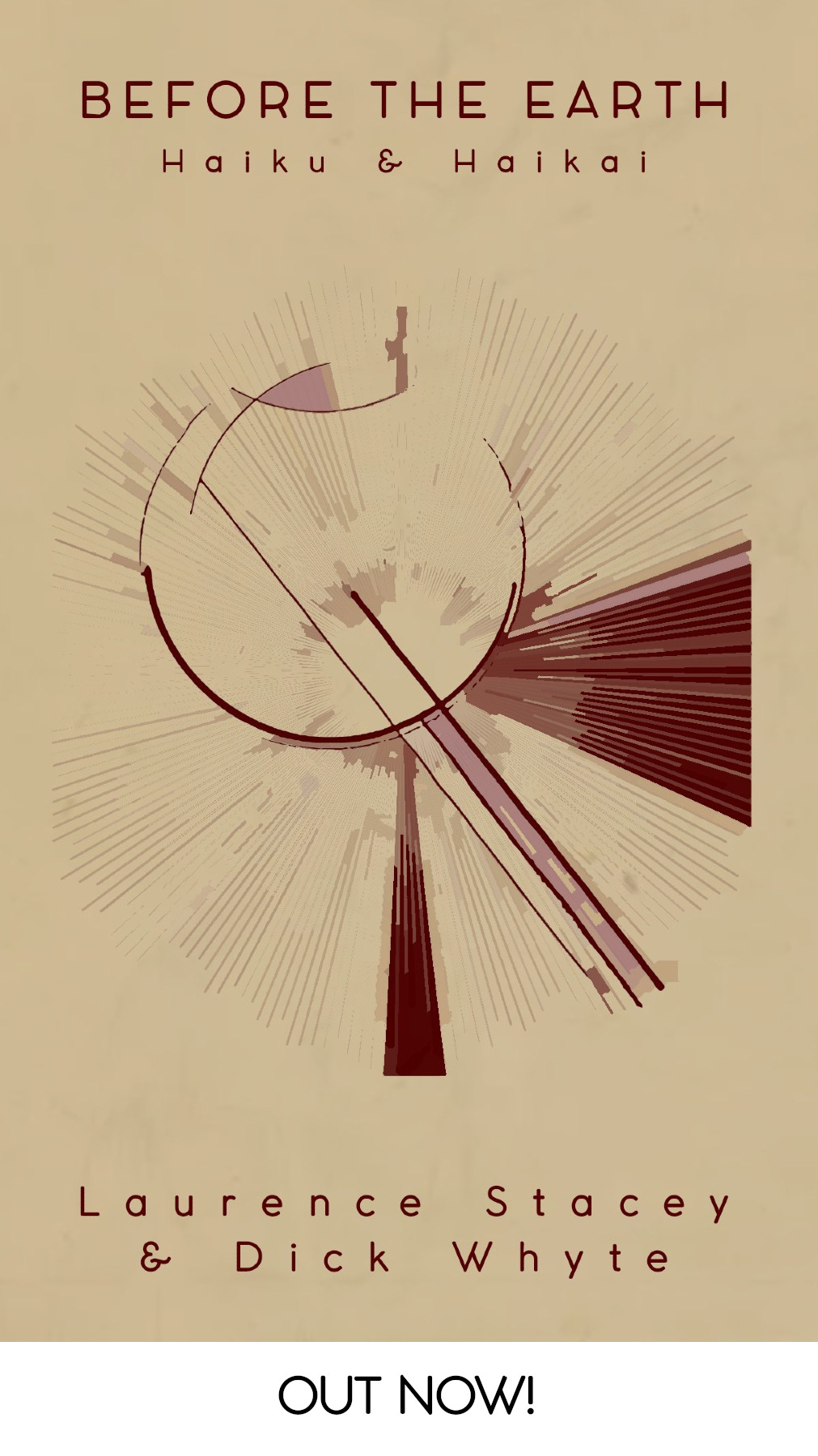
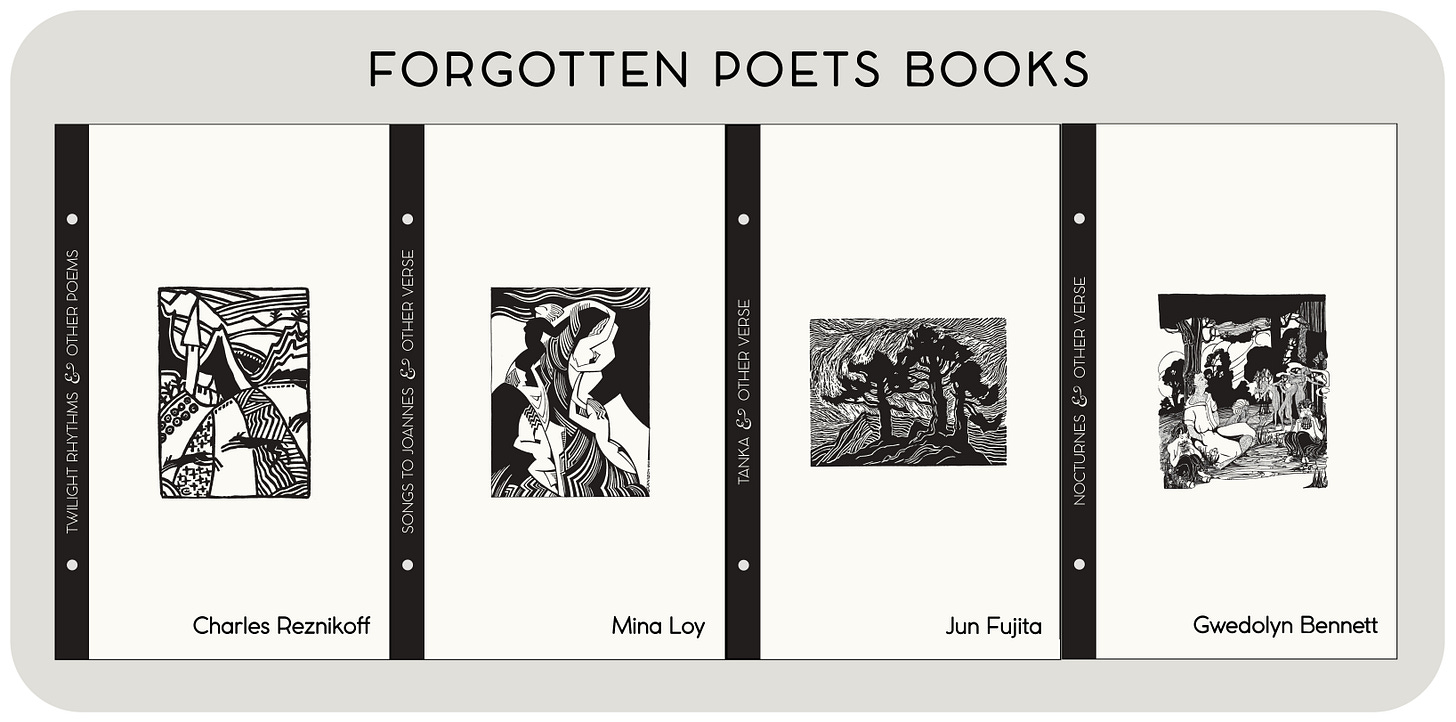
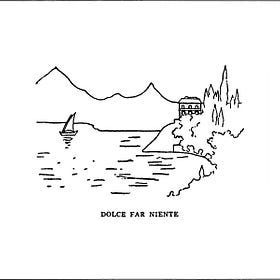
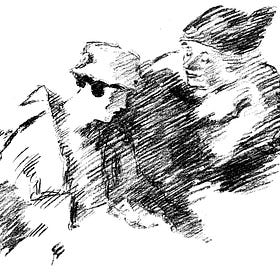

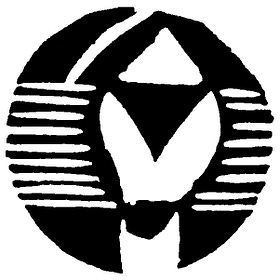
Dick, I hope Claire Bu Zard hears your words across time...
Seek knowledge: Be warm and sing: Find solace in nature: Be free.
In other words: Begin Again 🌿
"if your covenant
with water
should ever polarise
into ice,
melt into song"
love this ❤️